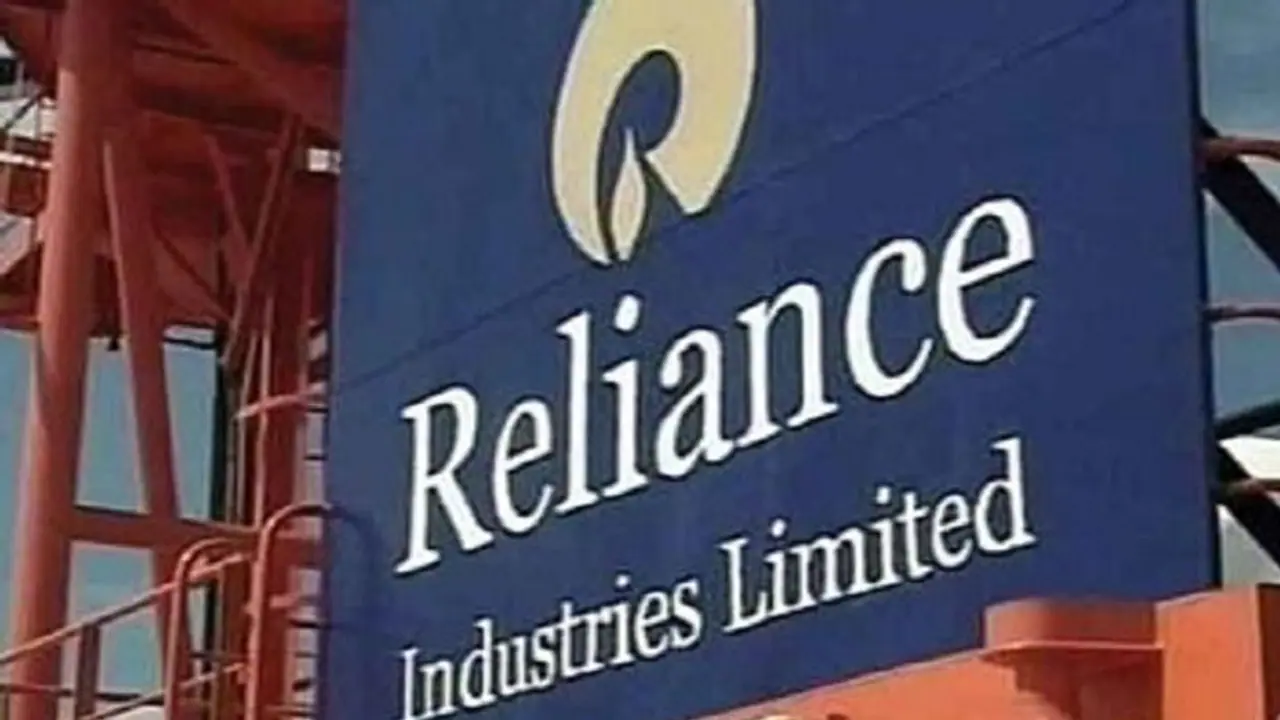Reliance New Energy Solar Limited (RNESL), a wholly owned subsidiary of Reliance Industries, has entered into an agreement with UK's Faradion Limited to acquire sodium ion battery.
Indian conglomerate Reliance Industries Ltd subsidiary Reliance New Energy Solar Ltd (RELI.NS) announced on Friday that it has acquired 100 per cent shareholding in UK-based global battery technology company Faradion by signing definitive agreements. The acquisition was done at an enterprise value of 100 million pounds. RNESL, will in addition spend GBP 25 million to accelerate its roll out.

Reliance New Energy Solar Ltd, a Reliance Industries subsidiary, has acquired 100% shareholding in UK-based firm Faradion Limited for GBP 100 million. Reliance will spend an additional GBP 25 million to accelerate its roll out, Reliance Industries said in a press release.
Reliance mentioned in a statement that it will use Faradion’s state-of-the-art technology at its proposed fully integrated energy storage giga-factory as part of the Dhirubhai Ambani Green Energy Giga Complex project at Jamnagar.
Also read: Reliance Chairman Mukesh Ambani hints at succession, ‘In process of momentous leadership transition’
Faradion Limited is a leading global battery technology firm that is based out of Sheffield and Oxford and has a wide-reaching IP portfolio covering several aspects of sodium-ion technology.
The acquisition is not a related party transaction and none of RIL’s promoter, promoter group, group companies have any interest in the entities involved in the transaction and the transactions will not require any government or regulatory approval, the release added.
Reliance stated that Faradion’s sodium-ion technology has significant advantages over products such as lithium-ion and lead acid batteries. It said that the tech is sustainable as it has no dependence and use of cobalt, lithium, copper or graphite. It is low-cost as compared to lead-acid, has scope for scalability, performs better and has fast charge and discharge capability.
“All of this combines to offer a next generation, high density, safe, sustainable and low-cost energy storage technology solution,” stated RIL.
